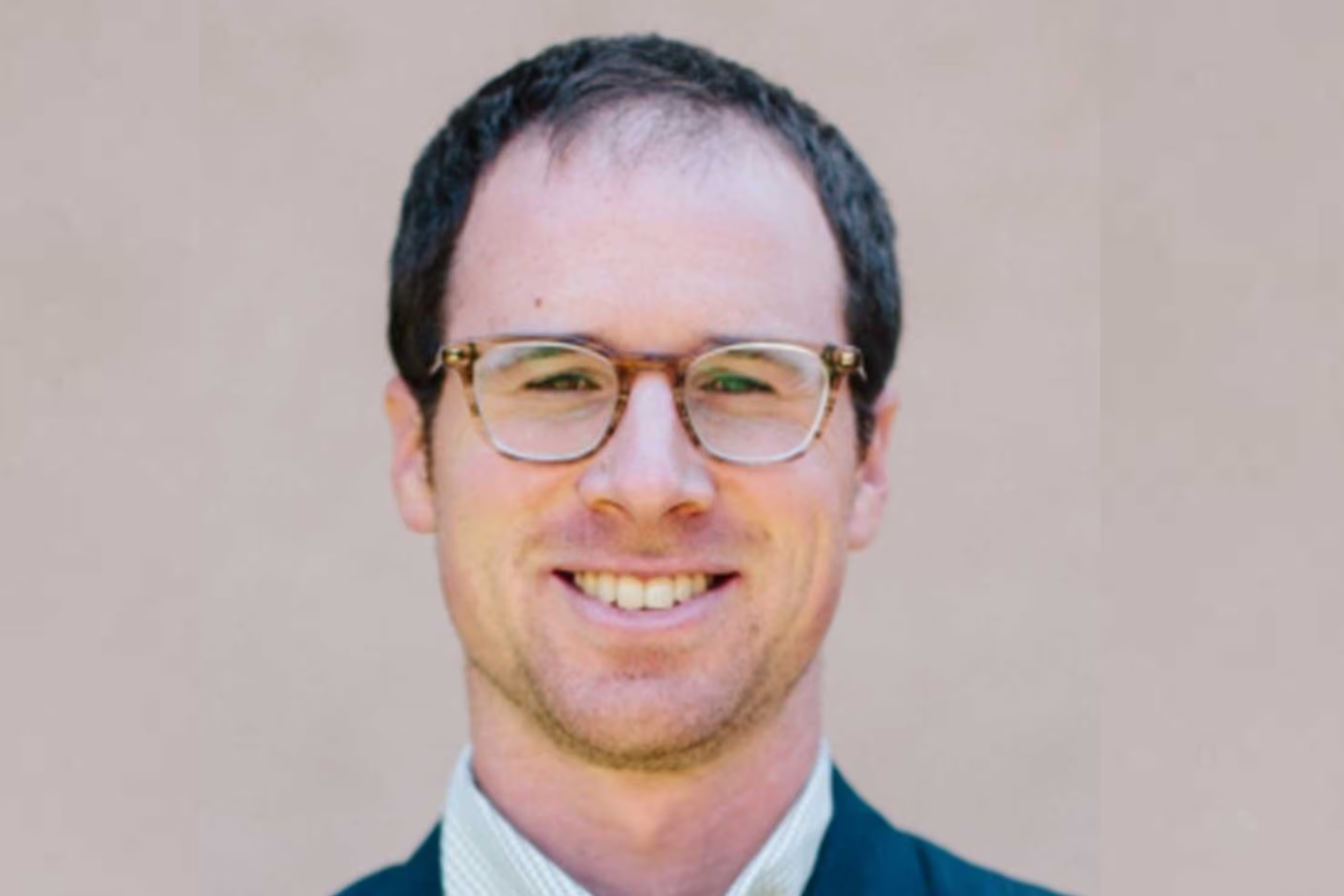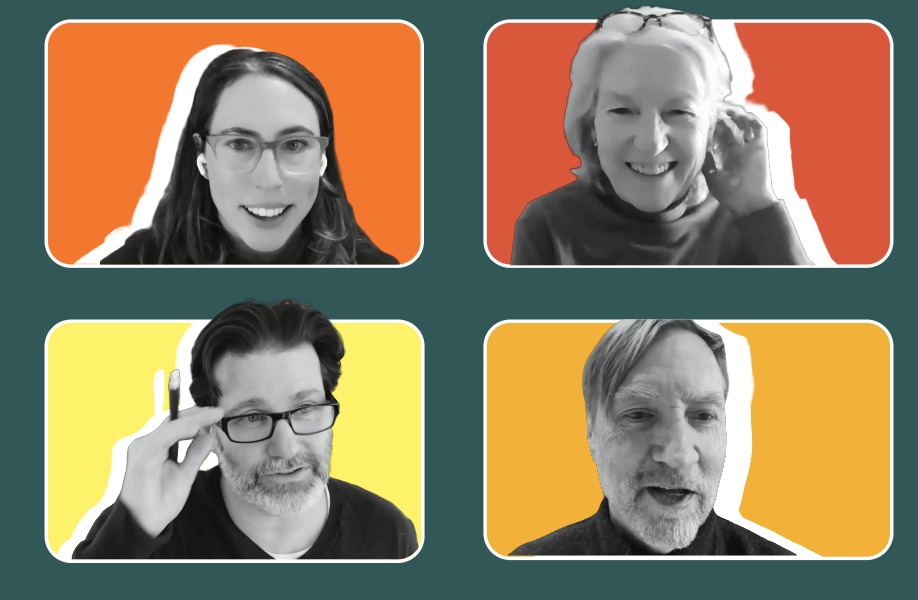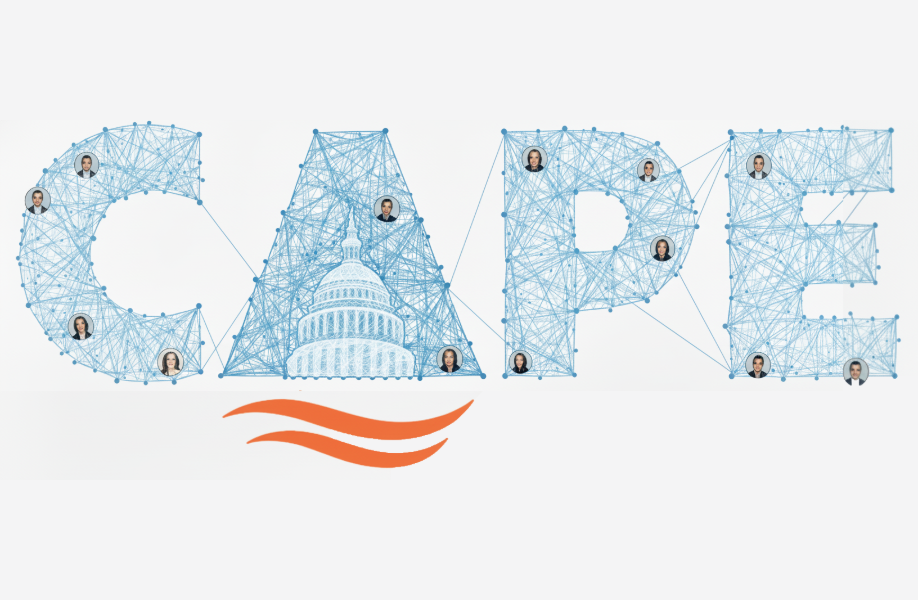Scholars have long understood the American states as “laboratories of democracy,” exploring how mechanisms of learning and competition lead to the diffusion of successful state policy experiments across the federal system. Drawing from policy feedback literature, I develop a new framework for studying policy interdependence in American federalism. I argue that state policies can, in addition to promoting learning and competition, also feed into the interest group politics in other states. Broadly speaking, the organized interests that benefit from, and are strengthened by, particular policy reforms might apply newfound strength to propagate them. Empirically, I study rooftop solar policy, an area in which state-level decisions have been fundamental to industry growth and the emergence of installers as political actors. Bringing together a variety of administrative, lobbying, and policy data, I demonstrate that solar installers used resources accumulated in early adopter of favorable rooftop solar policies to influence policy decisions elsewhere. For reformers, I suggest that subnational policy can be a crucial ingredient in building coalitions for (geographically) broader policy reform.
Former CAPE Postdoc Sam Trachtman in Perspectives on Politics
Former CAPE Postdoc Samuel Trachtman's article "Policy Feedback and Interdependence in American Federalism" was published in Perspectives on Politics.

Latest Articles
Get Involved:
Sign Up Here
Thank you! Your submission has been received!
Oops! Something went wrong while submitting the form.





